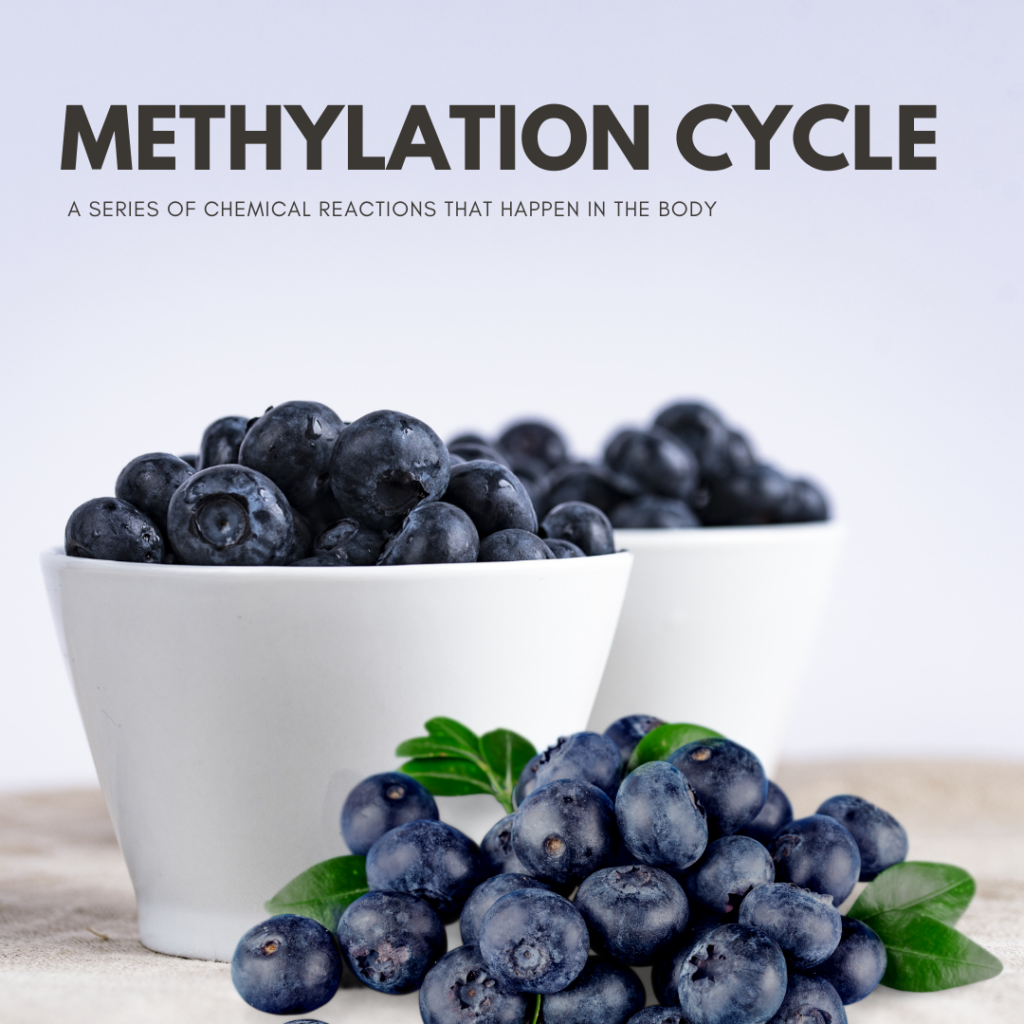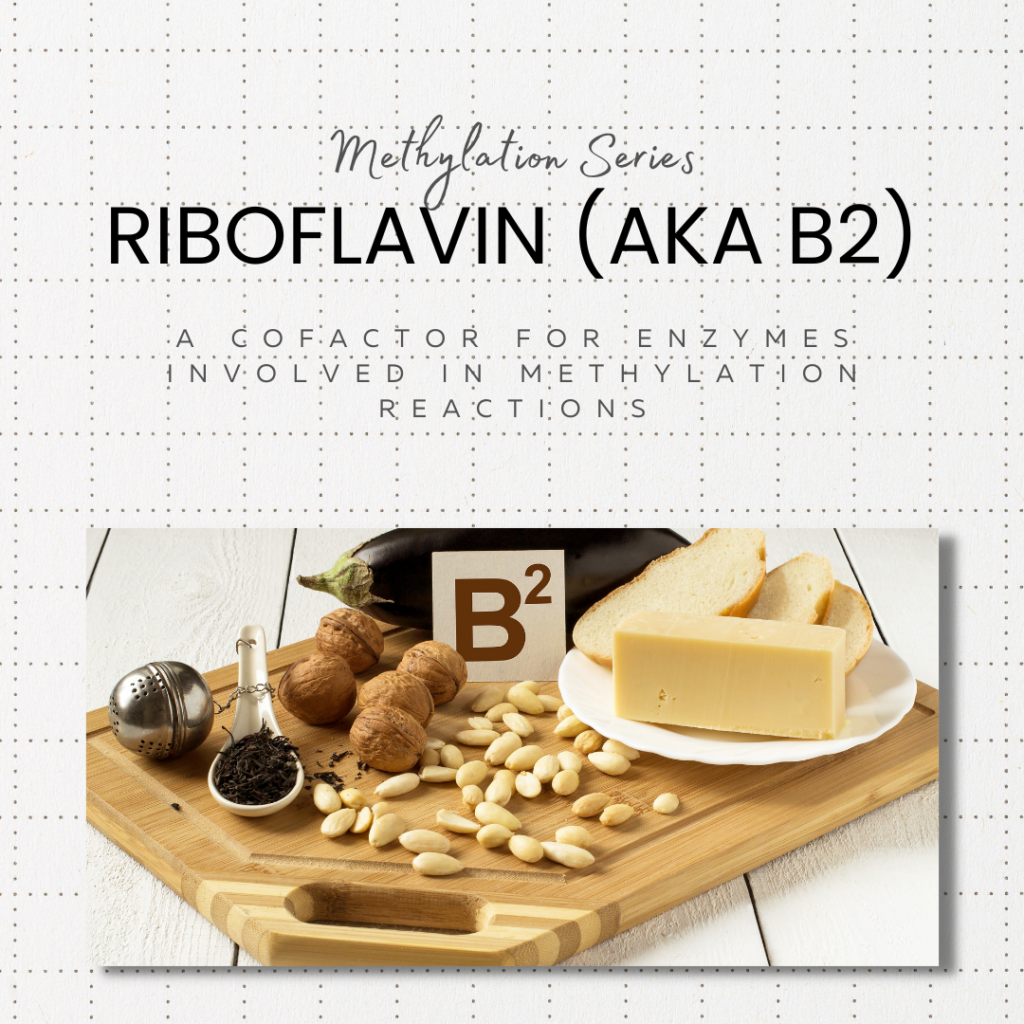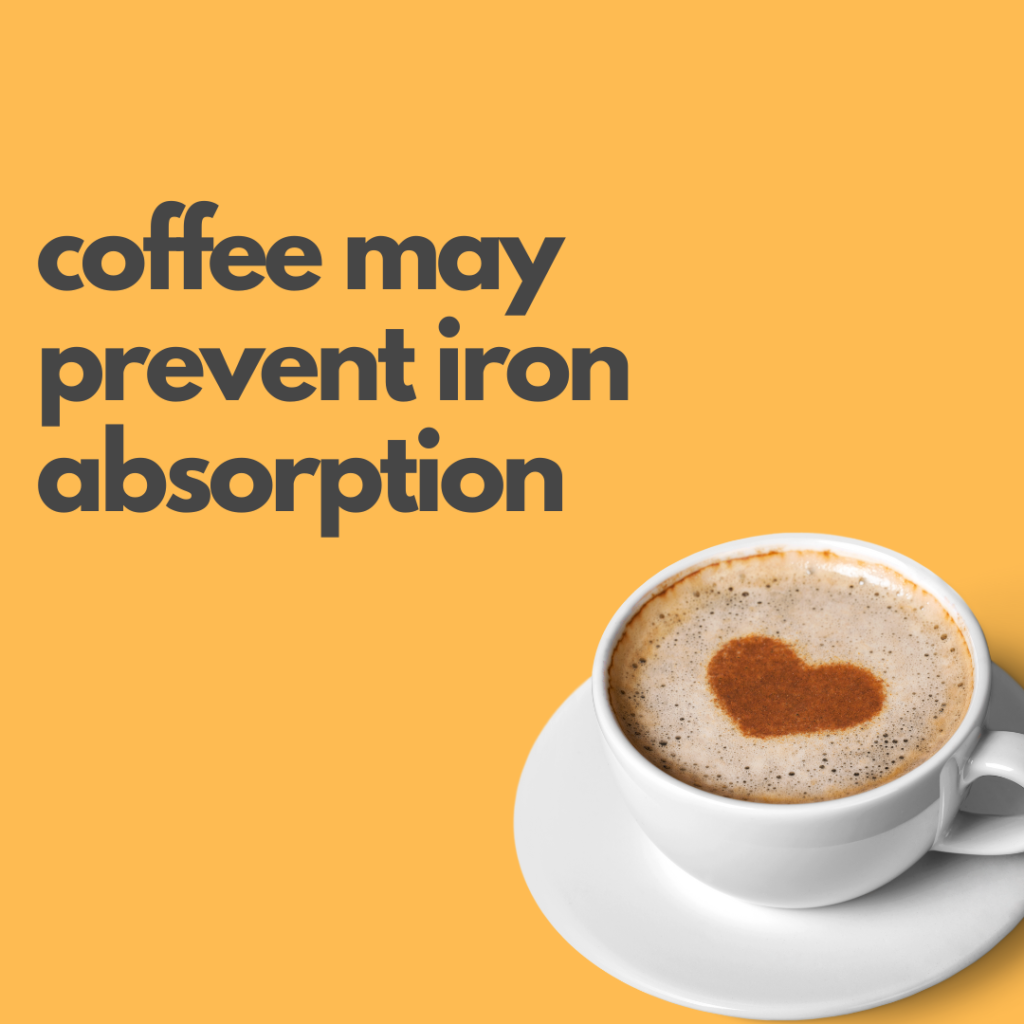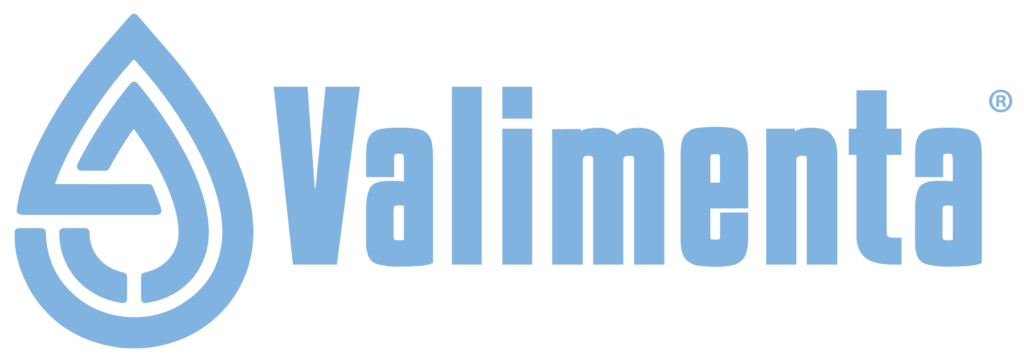An Overview of the Methylation Cycle

The methylation cycle is a series of chemical reactions that occur in the body, in which methyl groups are added to and removed from molecules such as DNA, RNA, and proteins. Methylation is a process that affects the expression of genes and can play a role in continuing good health. The methylation cycle begins with […]
Riboflavin Plays a Role in Methylation Biochemistry

Riboflavin, also known as Vitamin B2, plays a role in methylation biochemistry by acting as a cofactor for enzymes involved in methylation reactions. Riboflavin is required for the activity of the enzyme flavin adenine dinucleotide (FAD)-dependent methylene tetrahydrofolate dehydrogenase (MTHFD2), which catalyzes the conversion of 5,10-methylene tetrahydrofolate to 5-formyl tetrahydrofolate. This is an important step […]
How Vitamin C (Ascorbic Acid) Plays a Role in Methylation Biochemistry

Vitamin C (ascorbic acid) plays a role in methylation biochemistry by acting as an important antioxidant and a cofactor for enzymes involved in methylation reactions. Vitamin C can help to reduce oxidative stress, which can cause DNA damage and inhibit methylation reactions. Additionally, Vitamin C is a cofactor for the enzyme dopamine beta-hydroxylase (DBH), which […]
Coffee May Prevent Iron Absorption

Coffee contains tannins which can inhibit the absorption of iron from plant-based sources (non-heme iron) in foods. Consuming coffee along with a meal that is high in non-heme iron can reduce the amount of iron that is absorbed by the body. However, drinking coffee at a different time than when you’re consuming iron-rich foods or […]

